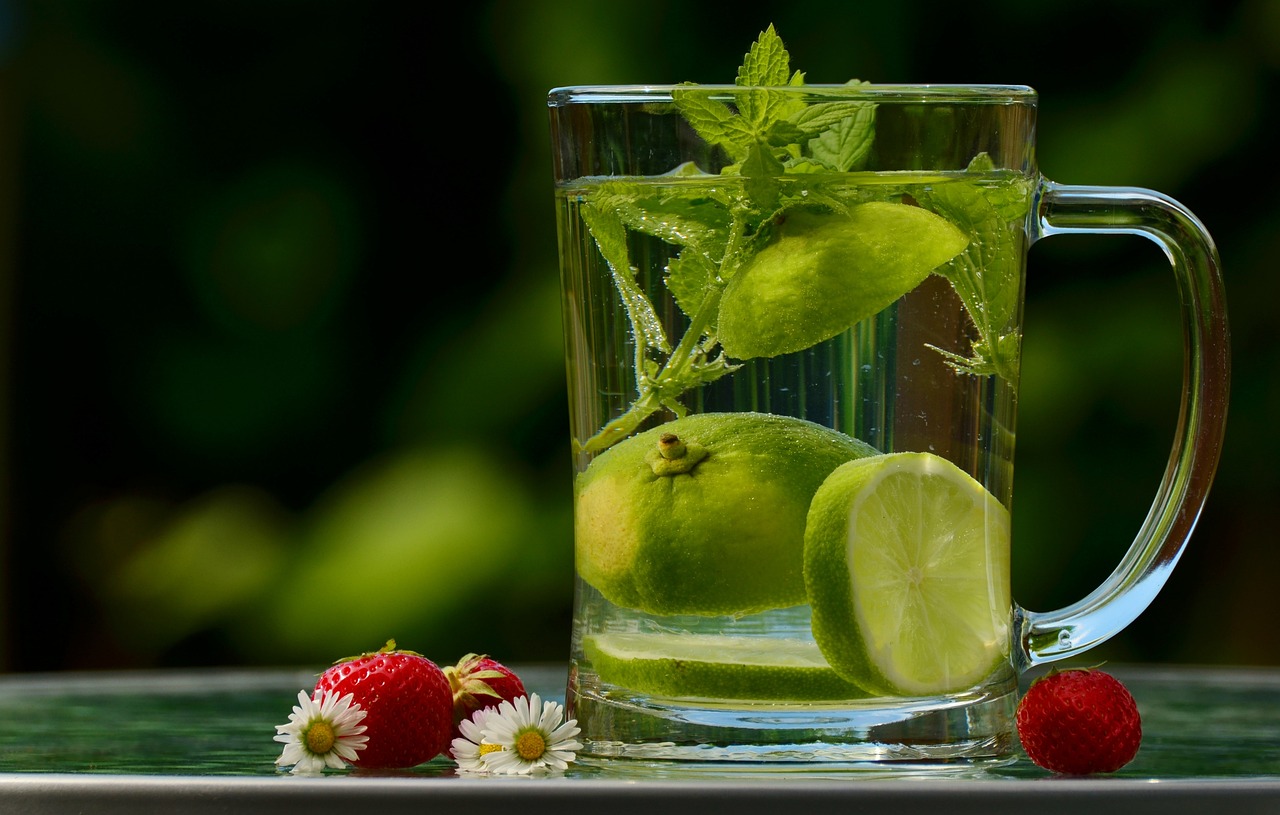Drinking is good for your blood pressure and more
Sufficient hydration, and therefore drinking water, is good for the entire organism: the heart, because it helps regulate blood pressure, the nervous system, the kidneys and the skin.
Major benefits of drinking water
- Helps lower blood pressure levels
- Lowers cholesterol and blood sugar levels
- Purifies the skin
- Prevents aging of the skin
- It attenuates cellulitis and water retention
- Eliminates waste and toxins
Hydration
Why is it important to drink plenty of water? The importance of water to our organism is universally recognized; maintaining a proper hydration of the body is therefore essential to survival. Hydration of the organism is strictly related to nutrition and the amount of water necessary for an appropriate hydration is called the water requirement. An individual’s water requirement can vary based on body mass and age, and is needed in order to compensate for water lost through urine, vapor, sweat and feces. Young children and the elderly have a higher water requirement, in the first case because of an elevated water turnover, and in the second because the elderly tend to feel less thirsty and therefore don’t tend to have good hydration.
In general, an adult’s water requirement is about 1-1.5ml per kcal burned, which is about 1.5-2 liters of water (8 cups) a day for most people.
Drinking plenty of water is therefore extremely important for your health. It is specifically beneficial to:
- The cardiovascular system: drinking lots of water is good for your heart, as proven by a study that showed a 40% reduction in the risk of heart attack in those who drink at least 5 glasses of water a day. Water even has the ability to regulate blood pressure. Drinking plenty of water when you suffer from hypertension stimulates diuresis through which the kidneys naturally expel excess sodium from the body. The elimination of sodium then reduces blood pressure. Drinking plenty of water (at least two liters a day) can help lower blood pressure.
- The urinary system: drinking water is good for the kidneys because it facilitates their job of expelling waste from the organism. Furthermore, those who suffer from kidney stones should drink more because the ingestion of liquids helps produce a greater quantity of urine and increases the probability of the kidney stones being eliminated from the body spontaneously. If you suffer from kidney stones, you should drink water that is low in minerals in order to favor diuresis.
- Blood sugar levels: Proper hydration helps lower blood sugar as those who suffer of hyperglycemia often have very dense blood due to the excess glucose. Drinking water increases liquid exchange, reduces the viscosity of the blood and causes the loss of some of the glucose through urine.
- Cholesterol: even those who suffer from cholesterol could experience benefits from correct hydration. A study has shown that those who drink consistently can experience a 15% decrease in “bad” cholesterol and a 10% increase in “good” cholesterol, especially for menopausal women. The mechanisms by which this happens are however unclear, and it seems that carbonated water provides the best results.
Causes and consequences of insufficient hydration
Drinking too little can cause some serious problems to the organism. The causes for insufficient drinking can be related to incorrect habits (such as drinking too little during meals or throughout the day), to physiological processes such as ageing or to pathological processes such as sore throat that can make drinking painful.
The consequences of drinking too little are:
- Water retention: drinking too little can mean that the body has a hard time properly eliminating toxins and waste products, which instead build up between the tissues and fat where water accumulates, causing swelling.
- High blood pressure: drinking insufficient amounts of water causes an increase in sodium levels in the blood, causing an increase in blood pressure that can damage the heart and kidneys.
- Urinary system damage: drinking too little can cause the insurgence of cystitis and urinary tract infections that also involve the kidneys. Water is used to purify the organism and the constant dilution of urine prevents an elevated concentration of bacteria in the bladder. Insufficient hydration can also lead to the presence of kidney stones because of the organism’s inability to eliminate waste product.
- Headache: drinking too little can lead to headaches and difficulty concentrating, both consequences of mild dehydration. We should remember that the brain is mostly constituted of water, like all organs and tissues, so a reduction in the quantity of water can cause an imbalance that can lead to these symptoms.
Correct hydration is easy and can improve many aspects of your daily life, so it is time to start drinking the correct quantities of water!
Scientific articles below:
- Thirst and hydration: Physiology and consequences of dysfunction (Physiol Behav. 2010 Apr 26;100(1):15-21) http://www.sciencedirect.com/science/article/pii/S0031938410001034
- Cardiorespiratory effects of water ingestion during and after exercise (Int Arch Med. 2013; 6: 35.) http://www.ncbi.nlm.nih.gov/pmc/articles/PMC3849535/
- Hydration state controls stress responsiveness and social behavior (J Neurosci. 2011 Apr 6; 31(14): 5470–5476.) http://www.ncbi.nlm.nih.gov/pmc/articles/PMC3086063/
- Water-free sodium accumulation (Semin Dial. 2009 May-Jun;22(3):253-5) http://onlinelibrary.wiley.com/doi/10.1111/j.1525-139X.2009.00569.x/full


